Chiari2022 is intended to give the Chiari community an inside look at the latest developments from both the Conquer Chiari Research Center (CCRC) and Chiari researchers at large.
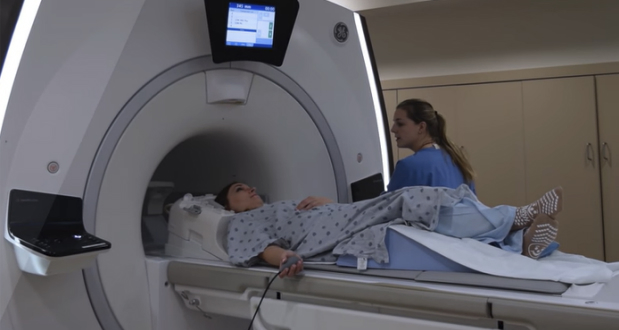
Hosted By: Conquer Chiari, a public charity, is the world's largest non-governmental funder of Chiari research and a recognized leader in providing scientifically accurate and innovative educational materials to the Chiari community. The Conquer Chiari Research Center is the world's first independent, inter-disciplinary research facility dedicated to advancing the diagnosis, treatment, and understanding of Chiari malformation.
Learn about the latest research with 20+ posters describing recent and current CCRC projects and dive into educational posters on important Chiari subjects. Posted questions will be answered by Conquer Chiari and CCRC personnel throughout the day.
Test your Chiari knowledge and earn a chance to win prizes!!
Take a picture and post it; see who else is attending.
Let everyone know what you think about the event on the Social Media Wall.
Stop by the Exhibition Hall to learn about related conditions, download educational materials, hear from our sponsors, and chat with representatives from other patient focused organizations.
Take a break in the Lounge and chat with other attendees or browse the extensive Conquer Chiari Library.
Drop into a small group discussion with other attendees on Chiari related topics.
Hear the latest from Chiari scientific leaders. Speakers will be available for questions during the Roundtable Discussions. Presentations will be available for viewing for a limited time after the event.
The speakers answer questions submitted during the presentations in a panel discussion.
| Activity Time | ||
| 8:30 – 9:30 am | Activity Time | Browse the poster hall, try the Chiari quiz, visit booths, or explore the event space |
| Scientific Presentations (First Session): | ||
| Time | Topic | Speaker |
|---|---|---|
| 9:30 – 10:00 am | Chiari Research Past, Present, Future | Richard Labuda, Founder and Executive Director of Conquer Chiari |
| 10:00 – 10:30 am | The Quantitative Structure and Dynamic Nature of Chiari | Francis Loth, PhD, Professor of Bioengineering and Director of Conquer Chiari Research at Northeastern University |
| 10:30 – 11:00 am | Cognitive & Emotional Impact of Chiari | Philip Allen, PhD, Professor of Psychology and Director of the CCRC at University of Akron |
| 11:00 – 11:30 am | Morning Speaker Q&A; Roundtable Discussions | Hear the experts answer your questions; learn how to get involved; or join a roundtable topic of your choice |
| Lunch/Activity Time | ||
| 11:30 – 12:30 | Memorialize the day at the Photo Booth, post to the Social Wall, or chat in the Lounge | |
| Clinical Presentations | ||
| Time | Topic | Speaker |
| 12:30 – 1:00 pm | Preoperative Evaluation and Impact of Nuances in the Management of CMI. | Robert Friedlander, MD, Chair Department of Neurological Surgery, Walter E. Dandy Distinguished Professor at University of Pittsburgh Medical Center |
| 1:00 – 1:30 pm | Faces of Chiari: The role of Comorbidities in Evaluation, Treatment, and Outcomes | Petra Klinge, MD, PhD, Professor of Neurosurgery at Brown University |
| 1:30 – 2:00 pm | Pediatric Chiari | Jeffery P. Greenfield, MD, PhD, Associate Professor New York- Presbyterian/Children's Hospital of New York/MSKCC Kids |
| 2:00 – 2:30 pm | Clinical Speaker Q&A; Roundtable Discussions | Ask questions of the clinical speakers; learn how to get involved; or join a roundtable topic of your choice |
| Activity Time | ||
| 2:30 – 3:00 pm | Browse the poster hall, try the Chiari quiz, visit booths, or explore the event space | |
| Scientific Presentations (Second Session): | ||
| 3:00 – 3:30 pm | Anatomy of Chiari: Evolving Research Targets | Jonathan Millard, PhD, Assistant Professor of Anatomy at Edward Via College of Osteopathic Medicine (Note: This presentation includes video of human cadavers for educational purposes) |
| 3:30 – 4:00 pm | Genetics of Chiari Malformations: Progress and Opportunities | Allison Ashley-Koch, PhD, Professor at Duke University Medical Center |
| 4:00 – 4:30 pm | Headache in Chiari I Malformation: An Appraisal with Real-time CSF Flow Imaging | Rafeeque Bhadelia, MD, Associate Professor of Radiology at Harvard Medical School |
| 4:30 – 5:00 pm | Afternoon Speaker Q&A; Roundtable Discussions | Ask questions of the afternoon speakers; learn how to get involved; or join a roundtable topic of your choice |
| Activity Time | ||
| 5:00 – 6:00 pm | Activity Time | Finish the day however you like! |

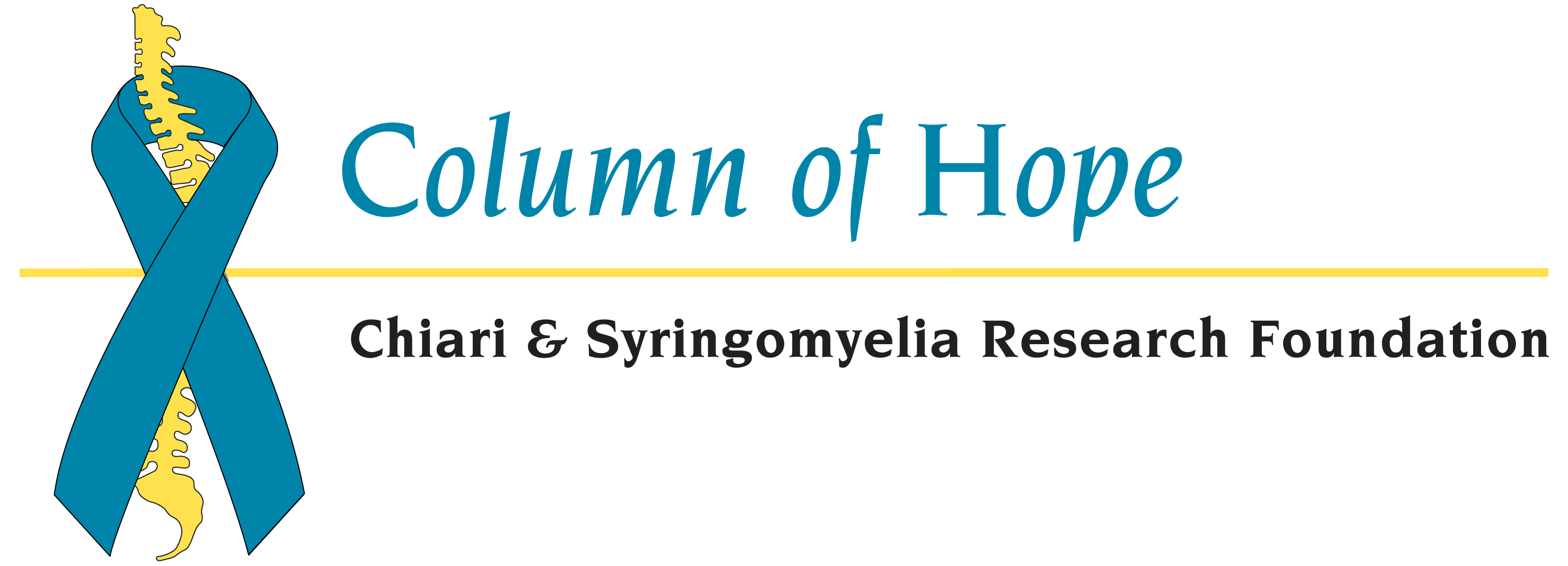
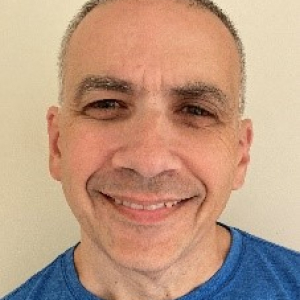
Founder & Executive Director, Conquer Chiari
Mr. Labuda is the Founder and Executive Director of Conquer Chiari. As a Chiari patient himself (decompressed ’99) he knows first-hand the pain and frustration of dealing with this disease. Mr. Labuda has written hundreds of educational articles on Chiari and has contributed to 13 peer-reviewed journal publications. In addition, he is the author of the popular book, ‘Conquer Chiari: A Patient’s Guide’, now in its second edition.
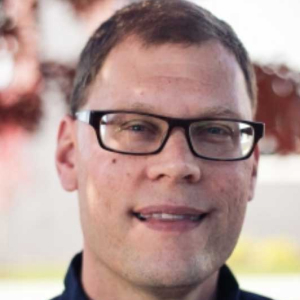
Professor of Bioengineering and Director of Conquer Chiari Research at Northeastern University
Dr. Loth received his Ph.D. degree in Mechanical Engineering in the area of biofluids at the Georgia Institute of Technology in 1993. He began his career as a faculty member of the Mechanical Engineering Department at the University of Illinois at Chicago in 1996. In 2008, he moved to The University of Akron in the Department of Mechanical Engineering. In 2022, he moved to Northeastern University in the Departments of Mechanical and Industrial Engineering and Bioengineering. His research area is in the simulation, measurement, image processing of blood and cerebrospinal fluid dynamics. He employs both experimental and numerical techniques to better understand the biomechanical forces involved in bypass graft failure as well as in diseases such as atherosclerosis, Chiari malformation, and syringomyelia. He has co-organized workshops in the area of hemodynamics (2001) and Chiari malformation/CSF (2007, 2008, 2010, 2011 and 2014). Dr. Loth serves as the Director of Conquer Chiari Research at Northeastern University.
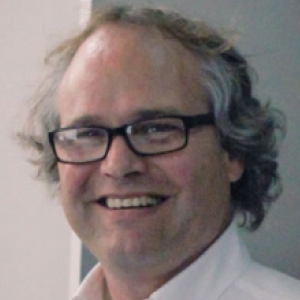
Professor of Psychology and Director of the CCRC at University of Akron
Dr. Allen received his Ph.D. degree in Psychology from Ohio State University in 1987 and then completed a post-doctoral research fellowship at Duke Medical Center. He began his career as a faculty member in the Psychology Department at Cleveland State University in 1989. In 2000, he moved to the University of Akron Psychology Department. His Chiari research area examines the intersection between pain and affective and cognitive dysfunction (using behavioral and neuroimaging techniques). Professor Allen serves as the Director of the Conquer Chiari Research Center at the University of Akron.
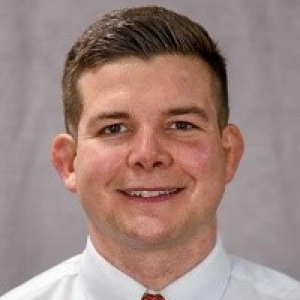
Assistant Professor of Anatomy at Edward Via College of Osteopathic Medicine
Dr. Millard’s research involves utilizing geometric morphometric techniques to answer clinically oriented research questions. His previous works have included 3D nerve mapping to guide lumbar spinal fusion procedures and tracing fascicular courses within peripheral nerves. As an anatomist with special interest in the nervous system, his interest in Chiari malformation stems from its inherent morphological complexity. Potential 3D shape differences in Chiari skeletal anatomy represent his current focus. He is a native of Bristol, TN. and received a master's and doctoral degree from Lincoln Memorial University in Harrogate, TN.
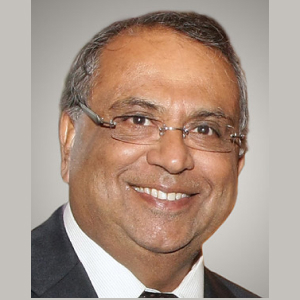
Associate Professor of Radiology at Harvard Medical School
Dr. Bhadelia is a past Clinical Director of Neuroradiology and Fellowship Director of Neuroradiology Fellowship at the Beth Israel Deaconess Medical Center in Boston. He has published extensively in the field of CSF flow dynamics and Chiari I malformation for nearly 30-years. The overall Goal of his research is to develop a simple, quantitative, noninvasive MRI method that differentiates between Chiari I malformation patients who can and who cannot benefit from decompressive surgery. The method relies on measuring the response of CSF flow to clinically relevant physiological challenges like coughing and Valsalva maneuver (known to produce symptoms in Chiari patients) with a real-time flow imaging technique.
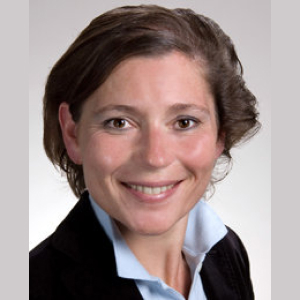
Professor of Neurosurgery at Brown University
Dr. Klinge is an internationally renowned general neurosurgeon specializing in the surgical treatment of patients with brain tumors, hydrocephalus and Alzheimer’s disease, pediatric diseases and treatment of congenital diseases like Chiari and spinal malformations. Dr. Klinge has been an attending neurosurgeon and associate professor at Brown University in 2009. Prior to that, she was professor of neurosurgery at the Medical School Hannover, Germany. She received her medical degree at the University of Kiel in 1993 and completed her neurosurgical residency at Hannover Medical School in Germany in 2002. Dr. Klinge has published extensively on Chiari, EDS, and related topics.
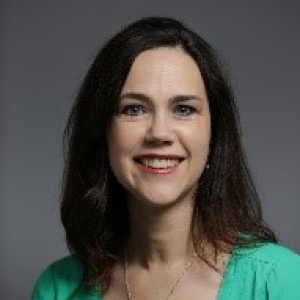
Professor in the Duke Molecular Physiology Institute and the Department of Medicine at Duke University Medical Center
Dr. Ashley-Koch is a genetic epidemiologist whose primary goal is the identification of genes that contribute to human genetic disorders, including the identification of gene-gene and gene-environment interactions. Dr. Ashley-Koch has published several articles on the genetic basis of Chiari malformations, including the most recent publication identifying variants in collagen genes in the Chiari 1000 and Duke studies.
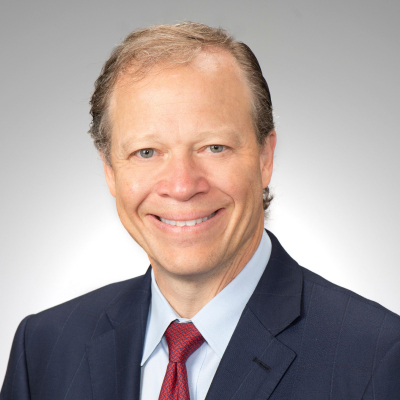
Chairman and Walter E. Dandy Distinguished Professor of the Department of Neurosurgery at the University of Pittsburgh and UPMC.
Robert Friedlander is Chairman and Walter E. Dandy Distinguished Professor of the Department of Neurosurgery at the University of Pittsburgh and UPMC. Prior to joining the department, Dr. Friedlander was Professor of neurosurgery at Harvard Medical School. He completed his BA/MA at Brandeis University, medical school at Harvard and residency at MGH. As a sign of his prominence as a clinician and scientist, Dr. Friedlander is one of a very select group of authors to have been invited by the NEJM to write a basic science review (mechanisms of neuronal cell death), and a clinical review (management of AVMs). Dr. Friedlander focuses on the management of complex cerebrovascular disorders, brain tumors and Chiari. Dr. Friedlander’s research interests lie in the study of the mechanistic pathways of the caspase apoptosis gene family. He was first to identify activation and a functional role for the caspase family in a neurological disease (stroke) and first to delay disease progression and mortality in ALS and Huntington’s disease mice. Dr. Friedlander’s research has received significant media attention including major work published in Nature, Science, Nature Medicine, Nature Neuroscience and PNAS. His work has also been recognized through many academic awards, including the International Charcot Prize for Motor Neuron Diseases and the H. Richard Winn Prize. Dr Friedlander served as a member of the NINDS Council. He is an elected as a member of the American Society for Clinical Investigation, the American Association of Physicians, and the National Academy of Medicine.
Attendance is free.... Register Now